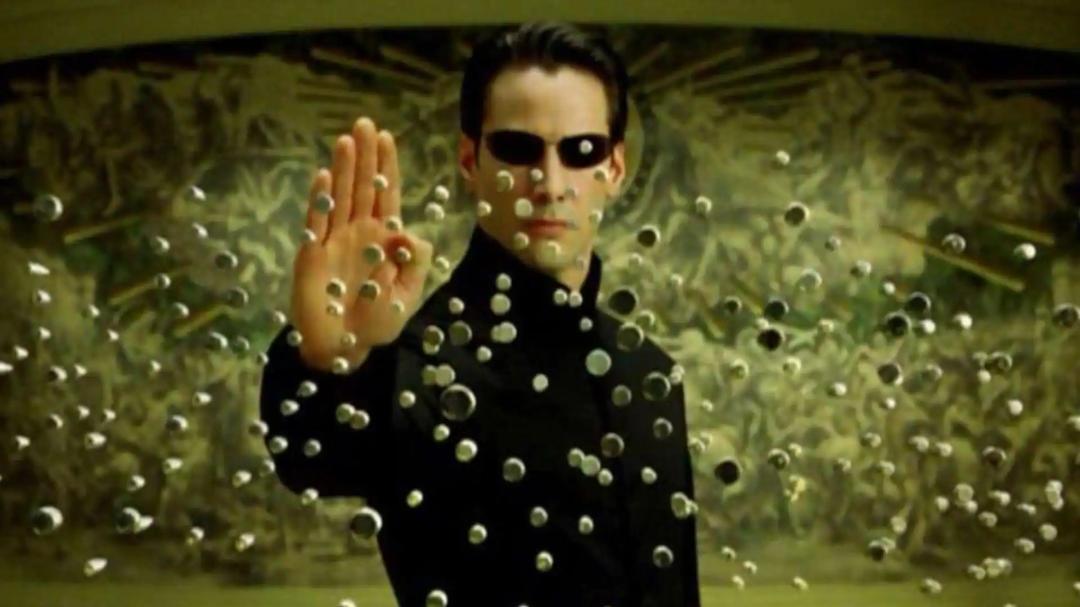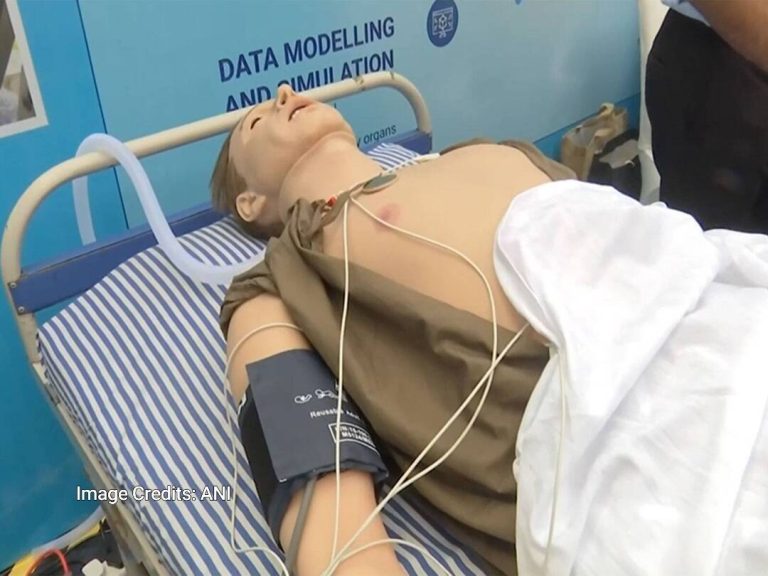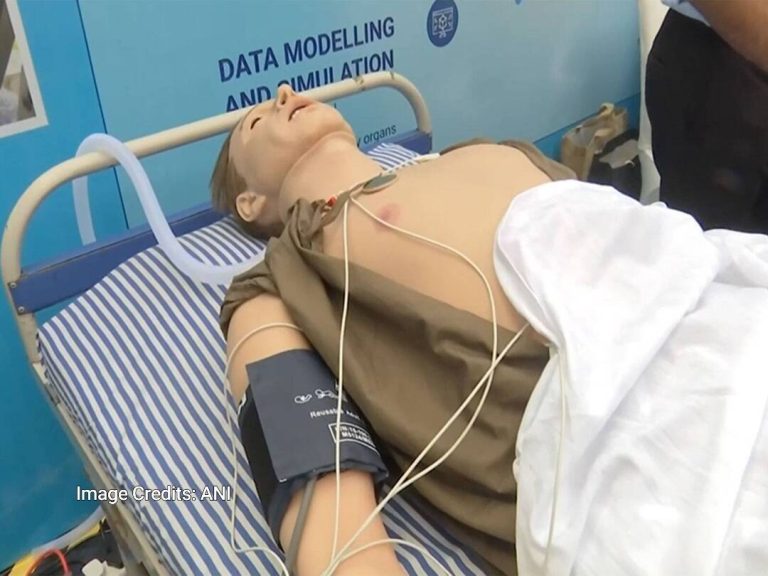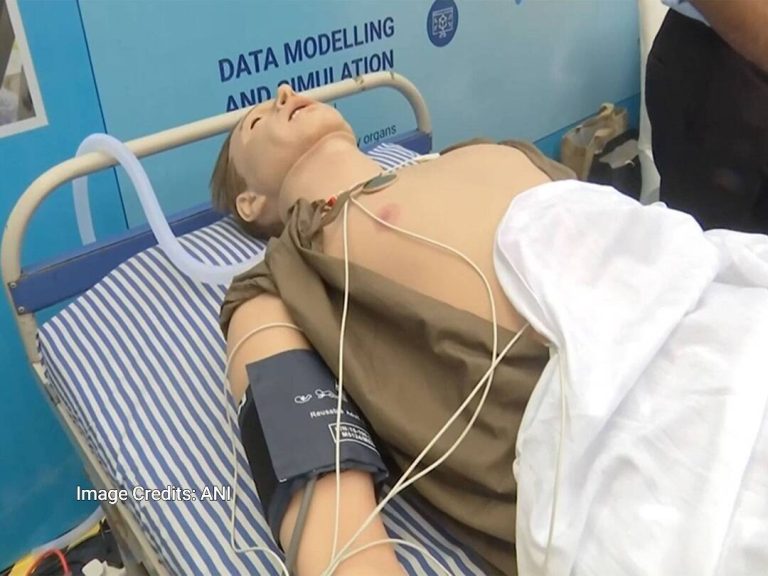
Physicists prove universe isn’t a computer simulation like in ‘The Matrix’
The idea that our universe is a computer simulation, popularized by the iconic 1999 sci-fi movie ‘The Matrix’, has been a topic of debate among physicists and philosophers for years. The notion suggests that our reality is a complex simulation created by a more advanced civilization, with many arguing that it’s impossible to prove or disprove. However, a recent study by physicists from the University of British Columbia Okanagan (UBCO) has mathematically proved that the universe isn’t a computer simulation, challenging this long-standing hypothesis.
According to a press release, the researchers have demonstrated that the universe is built on “a type of understanding that exists beyond the reach of any algorithm”. This fundamental concept is rooted in the laws of physics, which, as the study’s co-author noted, “cannot be contained within space and time, because they generate them”. In other words, the underlying principles that govern our universe are not bound by the same constraints as computer simulations, which are limited by their programming and the data they process.
The study’s findings have significant implications for our understanding of the universe and its underlying structure. By showing that the universe isn’t a computer simulation, the researchers have effectively ruled out the idea that reality is a complex program created by a higher being or advanced civilization. Instead, they suggest that the universe is a dynamic, ever-evolving system that operates according to its own inherent laws and principles.
So, what does this mean for our understanding of reality? The UBCO study’s conclusions imply that the universe is a fundamentally different entity from a computer simulation. While simulations are bound by their programming and data, the universe is governed by its own internal logic and principles, which cannot be reduced to a set of algorithms or code. This understanding has profound implications for fields such as cosmology, theoretical physics, and philosophy, as it challenges our understanding of the nature of reality and the human experience.
The idea that the universe is a computer simulation has been a topic of debate among physicists and philosophers for years, with some arguing that it’s impossible to prove or disprove. However, the UBCO study’s mathematical proof provides a significant breakthrough in this area, offering a new perspective on the nature of reality. By demonstrating that the universe isn’t a computer simulation, the researchers have opened up new avenues for exploration and research, from the study of cosmology and theoretical physics to the philosophy of reality and human experience.
The study’s co-author noted that the fundamental laws of physics, such as gravity and electromagnetism, cannot be contained within space and time because they generate them. This means that these laws are not bound by the same constraints as computer simulations, which are limited by their programming and data. Instead, the laws of physics are inherent to the universe, governing its behavior and evolution in a way that cannot be replicated by a computer simulation.
The implications of this study are far-reaching, challenging our understanding of the universe and its underlying structure. By showing that the universe isn’t a computer simulation, the researchers have effectively ruled out the idea that reality is a complex program created by a higher being or advanced civilization. Instead, they suggest that the universe is a dynamic, ever-evolving system that operates according to its own inherent laws and principles.
In conclusion, the UBCO study’s mathematical proof that the universe isn’t a computer simulation like in ‘The Matrix’ has significant implications for our understanding of reality. By demonstrating that the universe is built on “a type of understanding that exists beyond the reach of any algorithm”, the researchers have challenged the idea that reality is a complex program created by a higher being or advanced civilization. Instead, they suggest that the universe is a dynamic, ever-evolving system that operates according to its own inherent laws and principles, offering a new perspective on the nature of reality and human experience.
For more information on this study, visit: https://news.ok.ubc.ca/2025/10/30/ubco-study-debunks-the-idea-that-the-universe-is-a-computer-simulation/






